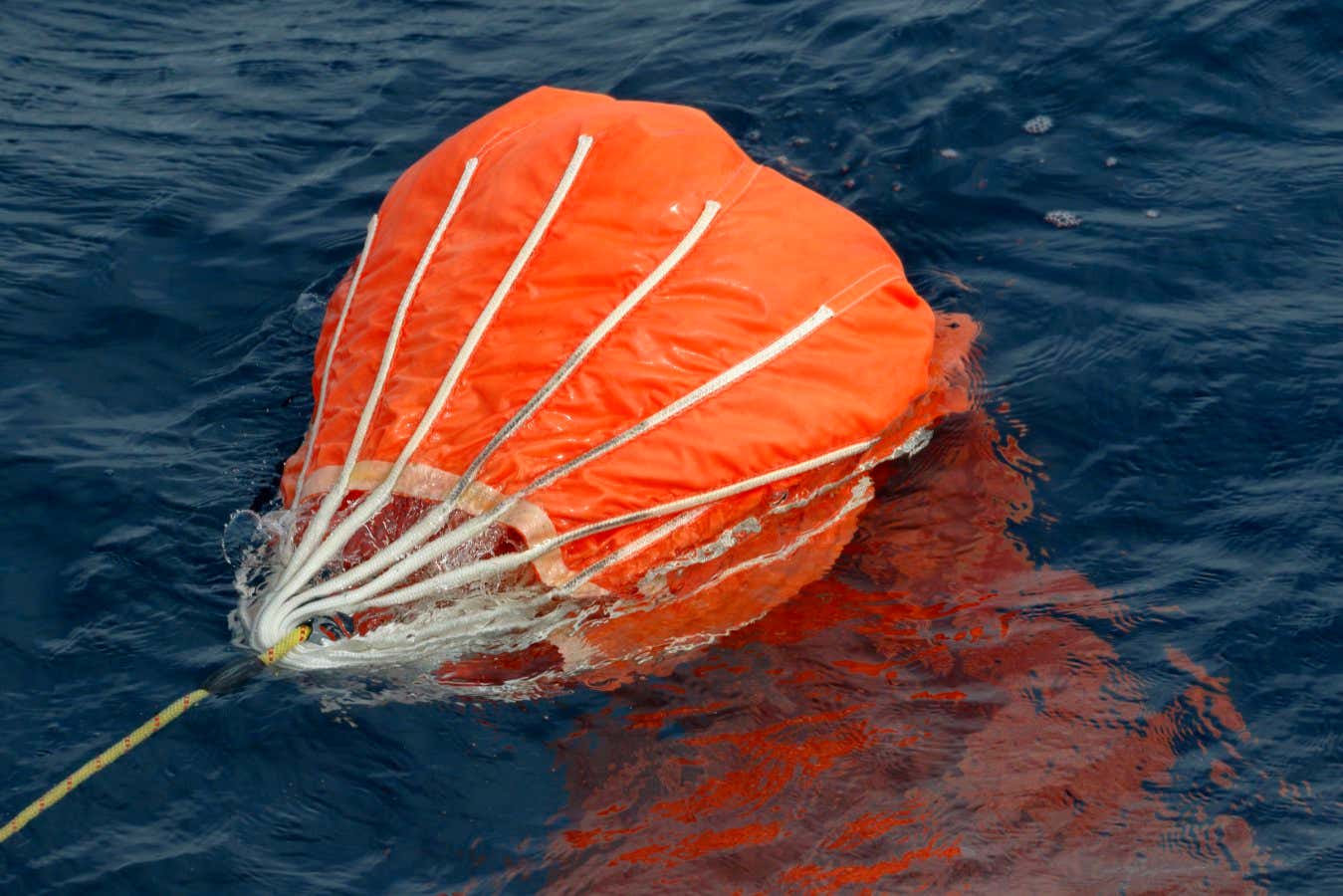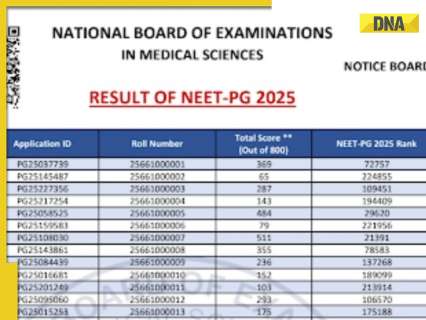Now Reading: Innovative Parachute Plan Aims to Safeguard Crucial Ocean Current
-
01
Innovative Parachute Plan Aims to Safeguard Crucial Ocean Current
Innovative Parachute Plan Aims to Safeguard Crucial Ocean Current

Quick Summary
- A plan has been proposed to use large parachutes to maintain the Atlantic Meridional Overturning Circulation (AMOC),a vital ocean current that helps regulate northern europe’s climate.
- The AMOC is weakening due to rising water temperatures and Arctic ice melt, risking ecosystem collapse and significant cooling in Europe.
- The proposal involves using around 35 tugboats to deploy parachutes underwater, each with a hole for marine safety, operating year-round on rotating shifts.
- This method aims to push warm surface water currents forward while buying time for global emissions reductions.
- Key experts express skepticism over its effectiveness, citing challenges such as the importance of density-driven motions deep within the ocean and operational difficulties in unpredictable weather conditions.
- The idea’s proponents suggest it could be part of broader research into climate intervention strategies and emphasize its potential ecological usability.
!campaign=RSS%7CNSNS&utmsource=NSNS&utmmedium=RSS&utm_content=home”>Read More
Indian Opinion Analysis
While this innovative concept may seem promising on the surface, skepticism from experts highlights critical flaws in its practicality. Ocean currents like AMOC rely substantially on density differences between warm, fresh waters and cold, salty waters at deeper levels-issues that cannot be addressed by simply dragging surface water horizontally. Moreover, logistical challenges posed by unpredictable oceanic weather raise concerns about how enduring such operations might be.
From India’s perspective as a coastal nation reliant on predictable maritime ecosystems and climate-stabilizing global phenomena like AMOC, this research carries indirect significance. It underscores india’s need for participatory efforts in international climate solutions while emphasizing local measures like reducing greenhouse gas emissions that contribute directly or indirectly to issues involving global systems like AMOC. Developing nations must also evaluate whether interventions elsewhere align with regional climatic stability or have unintended transboundary effects.
Long-term solutions should ideally prioritize emissions control coupled with resilient ecosystems over temporary technical “fixes.” Still, exploring such ideas serves an essential purpose-it may pave further collaborative discussions across scientific disciplines globally.


























